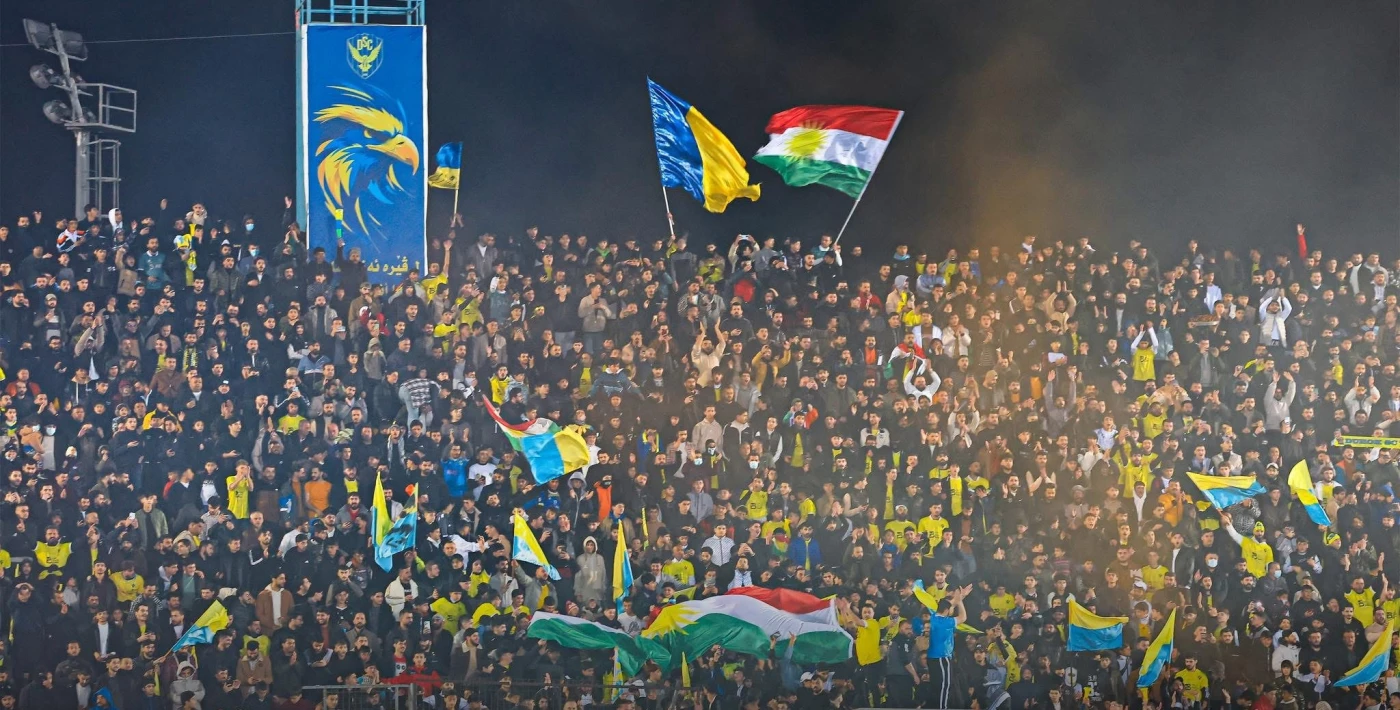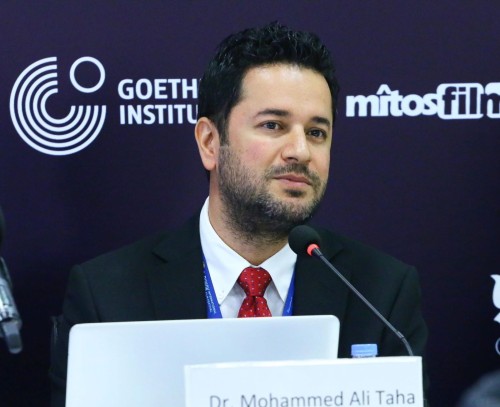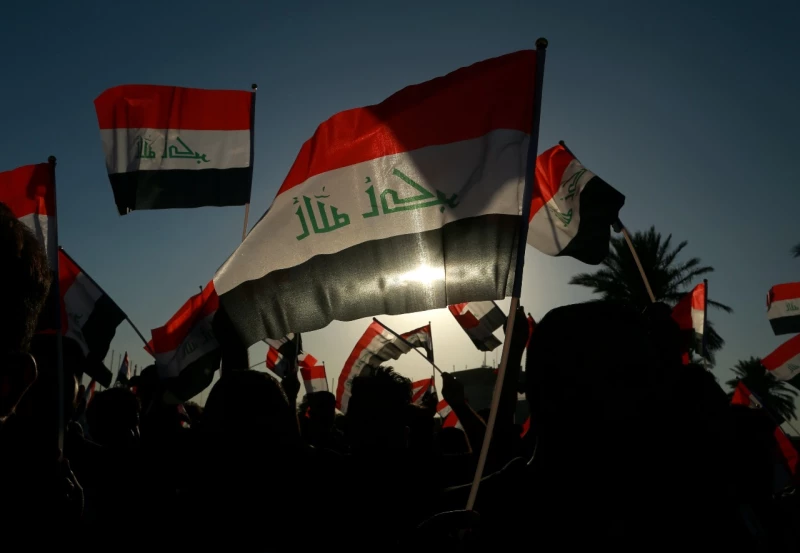Araz is a schoolteacher in Duhok. For over two months, he has not received his salary. Like thousands of other public servants across the Kurdistan Region, he continues to show up to work, because he believes in his duty. Most of his students are originally from central and southern Iraq. Their families chose to live in Duhok because it is safer, more stable, cleaner, and because they have always felt welcomed by the Kurdish people.
A couple of weeks ago, Araz made a promise to his students: “If Duhok reaches the semi-finals of the Iraq Cup, I’ll take you to the match, even if I have to walk you there myself.”
On Saturday night, Duhok SC qualified for the Iraq Cup final after defeating Al-Quwa Al-Jawiya. Along with Duhok, Zakho SC also reached the final after beating Al-Shorta. The two finalists are from a region whose people have been financially cut off and politically sidelined, and they defeated two of the most iconic clubs in Iraqi football.
Not only about football
For over 70 days, the Iraqi federal government in Baghdad has withheld the salaries and wages of public sector employees in the Kurdistan Region.
The justification has shifted from legal technicalities to budgetary loopholes, but the real reason is political.
As Iraq approaches parliamentary elections in November 2025, punishing the Kurdistan Region has become a tactic. The sad reality is that in Iraq’s political culture, the more pressure placed on Kurdistan, the more votes certain parties believe they can win.
This is why the term “non-Iraqi clubs” is not a provocation, it is a reflection of how Kurdistan is treated. If Zakho and Duhok, and the fans who support them, were truly seen as equal citizens of Iraq, their basic rights would have been protected. Their teachers would be paid. Their hospitals would be funded. Their security forces would be supported.
Just a few months ago, Duhok SC won the Gulf Club Champions League while representing Iraq. It was a moment of national pride. Federal officials extended congratulatory messages. But behind those headlines, the people of Duhok were, and still are unpaid, unrecognized, and treated as outsiders in their own country.
The rise
Despite the pressure, the neglect, and the injustice, the people of the Kurdistan Region have shown extraordinary resilience. In stadiums, in classrooms, in hospitals, in safeguarding, providing services, and in every corner of life.
Araz’s students, Arab Iraqi children living in Duhok, waved Kurdish flags side by side during the match. They cheered for the club that represents the region where they have found safety and dignity. Their joy is genuine.
Zakho and Duhok’s victories are symbolic. But they did more than that. They reminded all of us that belonging is not just about law or territory. It is about dignity. It is about whether a teacher like Araz, who serves students from every part of Iraq, can live with security and respect.
Two clubs from Kurdistan Region are in the final, and Kurdistan is still standing with pride, with resilience, and with a heart big enough to carry this nation forward.
The views expressed in this article are those of the writer and do not necessarily represent the position of The New Region's editorial team.


 Facebook
Facebook
 LinkedIn
LinkedIn
 Telegram
Telegram
 X
X



